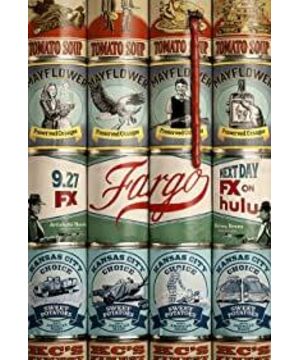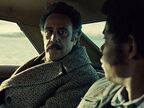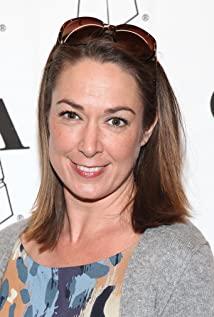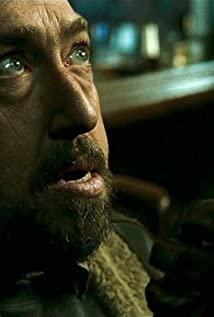Kill him already.
But Lester didn't die, Uncle Molve died first. Or was Gus, a coward, took advantage of it to get a bargain. And by the way, Gus should have received a box lunch long ago. But he was given the mission of being brave for love, in order to protect his pregnant wife, he became the final winner.
Just because the image of Uncle Molve is so perfect, even if there is something unreasonable in the plot, I don't want to care at all. But it started to feel very early on that Uncle Molve would end up in Lester's hands. No matter how adept at planning and reckoning, and how agile you are, when you encounter a character that the screenwriter wants to protect, you will encounter waterloo. After all, the screenwriter can give you a supernatural aura, but he can also take your life backhand. . .
The whole drama about Lester's transformation is excellent, the whole process is very smooth and reasonable, without the slightest sense of abruptness. In the beginning, Lester was a poor bastard who was submissive, looked down upon by his wife and younger brother, and was bullied by his high school classmates. After Molve killed Sam Hess, who had been bullying him, Lester was flustered at the same time, as if something that was oppressing his personality had been removed. Under the potential impact of Sam's death, he killed his wife in a fit of rage. In the series of panic that followed, he framed his younger brother because he spurned him in the hospital. After eradicating the three biggest Bully in his life, Lester completely liberated himself, so he slept with Hess's stripper wife. . .
On TV, the screenwriters used the characters’ mouths to tell a lot of little stories, what wolf, what brought the fox, rabbit and cabbage across the river, what a man with a pair of gloves lost and lost the other, what Rich people can't bear to see others suffer, so they donate all their money first and then donate their lives. It feels like the screenwriter is like a soul, mixed in every character's body. It's the kind of dialogue I like.
Two of my favorite scenes: In one scene, Uncle Molve took a shotgun and went through the two FBIs discussing burgers, walked into the gangster's nest, and slaughtered layer by layer until the entire nest was leveled. In this scene, until the last picture, only one person was hit by the impact of the shotgun and smashed the glass and fell downstairs. The rest of the shots were directed at the wall of the small building, only the brief dialogue in the wall, the clear gun , and the short moans of death. There is no picture, but it is better than many headshots when I was a child.
Another is when Lester's second wife went to the electricity to get her passport, Uncle Molve's shadow appeared on the wall like a giant ghost, and then killed her. Far-off shadow plays are more imaginative and impactful than close-range live-action plays.
View more about Fargo reviews











